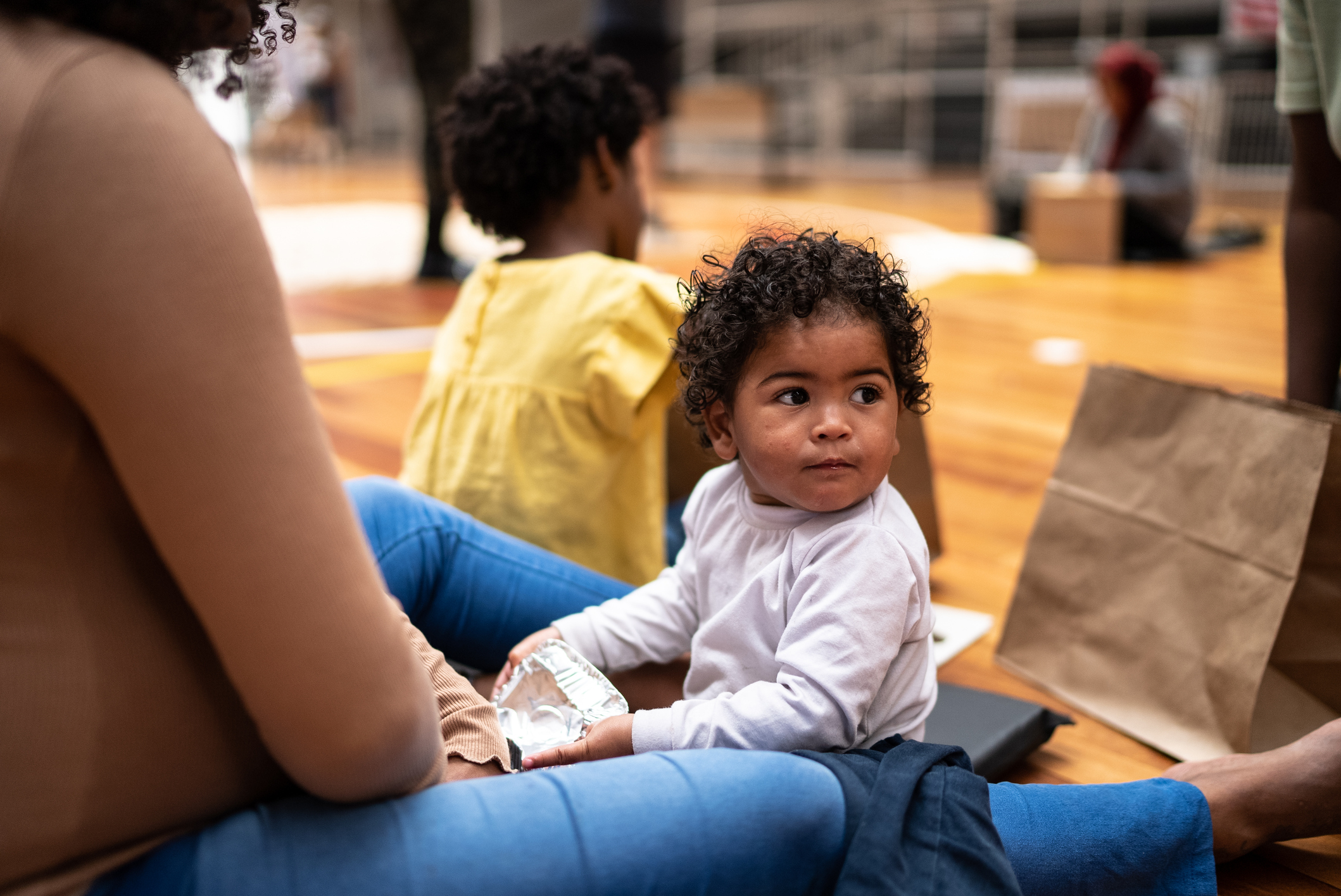Seeking to understand the impact of COVID-19 on New York City’s community-based, migrant-serving organizations (MSOs), investigators from the CUNY SPH Center for Immigrant, Refugee, and Global Health (CIRGH) conducted a series of focus groups with MSO staff between November 2021 and March 2022. This study aimed to capture MSO experiences with COVID-19, priorities for future programming, and suggestions for a migrant health resource center.
The study included 27 participants from 11 NYC-based MSOs, selected from an initial survey pool. These organizations serve diverse immigrant populations including refugees, asylum seekers, and low-income individuals. Focus groups were conducted via Zoom, lasting 1.5–2 hours each, and covered community health issues, MSO challenges, and collaboration opportunities.
The team found that MSOs provided a wide range of services across NYC, adapting to meet diverse community needs during COVID-19, including acting as testing and vaccination centers. Coalitions were essential for service provision, though smaller organizations struggled with consistent engagement.
The organizations saw an increased demand for mental health services, with significant stigma and lack of bilingual clinicians being major barriers. Immigrants in particular faced challenges like mistrust in healthcare, technological barriers to telehealth, and lack of identification needed for accessing services. COVID-19 exacerbated economic and housing insecurity, with immigrants facing higher unemployment and ineligibility for federal assistance. Participants highlighted the negative impact of immigration policies like the Public Charge Rule and the need for policies supporting immigrant communities.
MSO staff member recommendations included better funding, resources for stress management, language translation assistance, and accessible referral systems.
“MSOs were critical in filling government service gaps during COVID-19,” says first author and CIRGH project officer Ansley Hobbs. “These findings underscore the need for reliable referral information, more equitable immigration policies, and better support for MSOs to ensure preparedness for future public health emergencies.”




